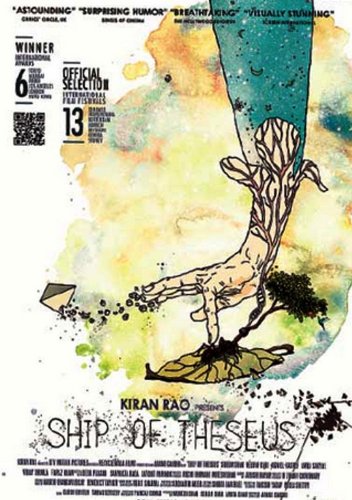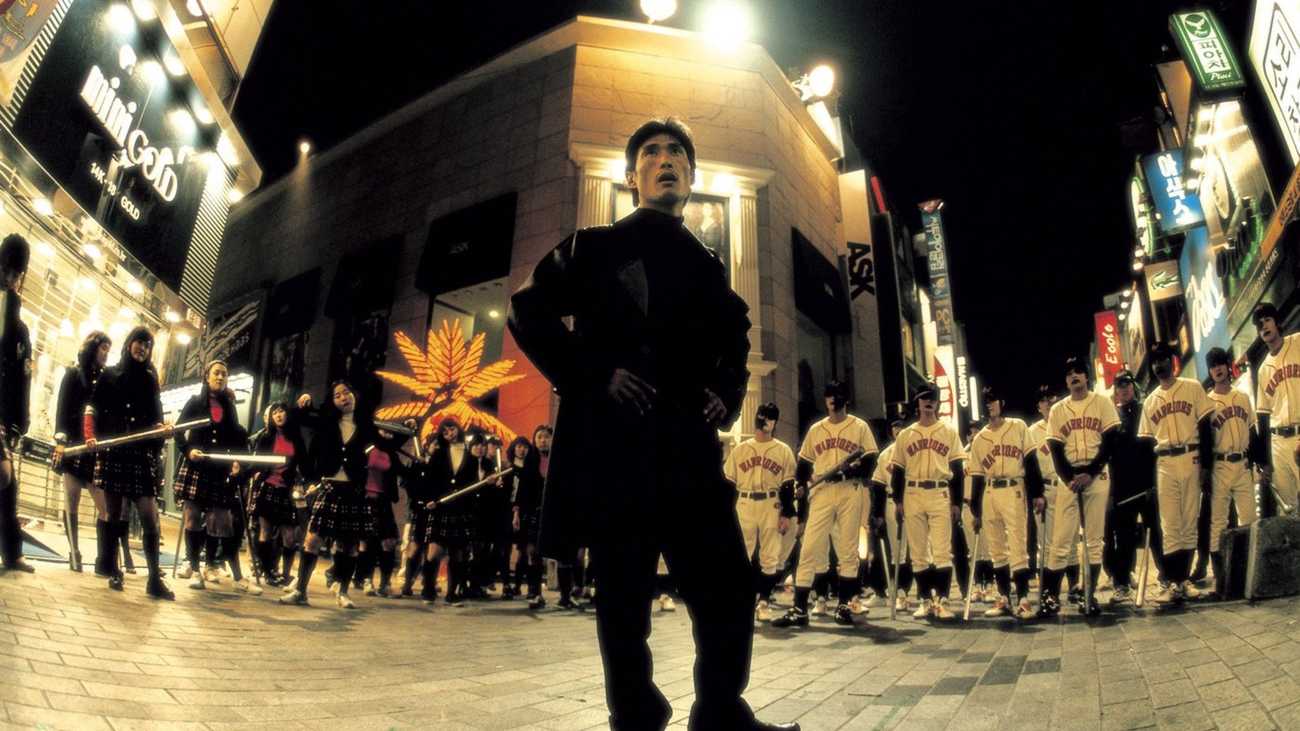Anand Gandhi's debut feature “Ship of Theseus” is undoubtedly one of the finest Indian films of the last decade. It marked a significant shift in the perception of cinema in the country and was met with widespread critical acclaim at foreign film festivals. Gandhi's magnum opus was awarded the National Film Award for Best Feature along with several other prestigious international accolades.
Although “Ship of Theseus” is a fascinating examination of contemporary Indian society, its grand vision is supported by a construct that is mythological in nature. Gandhi takes the eponymous paradox from Ancient Greece and transforms it into an inquiry of personal identity and post-humanism. The paradox famously asked whether a ship would remain the same if all its individual parts were replaced, begging the inevitable question: are we the sum of all our parts or is there something more to it?

The film does not try to indulge in dogmatism by presenting a definite answer to this infinitely nuanced conundrum. Instead, it keeps bombarding us with more questions while telling the stories of three vastly different people and their personal conflicts. It opens with the curious case of a blind photographer (Aida El-Kashef) who struggles to adjust to the dizzying world after she receives eye transplants, choosing to return to the comfort of darkness by wearing a blindfold. Divided into three distinct fragments, “Ship of Theseus” almost feels like three different films with their own visual narratives and philosophical explorations.
“Ship of Theseus” launches a powerful commentary on materialism and man's search for meaning through the account of a young stockbroker (Sohum Shah). Disillusioned with the decadence of justice and the exploitation of the poor, he embarks on a quest to find a stolen kidney which takes him to Sweden but it leaves him feeling empty. “This is as good as it gets,” he is reassured by his grandmother. Modernity has rendered morality obsolete. However, the most intriguing of these three sections is the story of an ailing monk (Neeraj Kabi). As a man who has dedicated his life to animal activism and the belief that all existence is equal, he refuses to take medicine produced by pharmaceutical companies that torture animals. We understand his ideas through fast-paced philosophical discourses that he engages in with a young lawyer, explaining that he is an atheist who only believes in the law of causality and personal responsibility.
Gandhi orchestrates the tragic unfolding of entropy on the body of this man, leaving him naked and impotent when confronted with his own mortality. Cinematographer Pankaj Kumar deserves immense credit for the sheer range of emotions he manages to capture on screen, oscillating from the atmospheric anxiety of a bustling city to silent meditations that are reminiscent of Tarkovsky.
“Ship of Theseus” is an overwhelmingly beautiful chronicle of the human condition, tracing the reality of our suffering in a way that is visually cerebral and ideologically visceral. Gandhi connects these intersecting narratives in a slightly predictable manner but that does not take anything away from its artistic force. Alluding to Plato's immortal allegory of the cave, the film ends with meta-commentary about the role of the filmmaker in the modern world who is tasked with the enormous responsibility of guiding the audience through the darkness of existence.
















